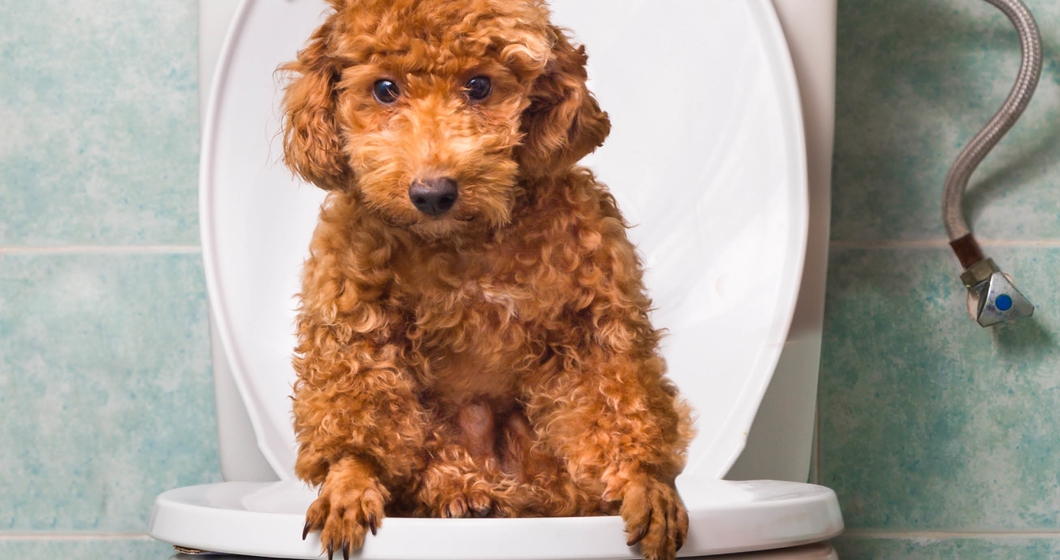Are you wondering, "Why is my dog pooping in the house?" From potential health concerns to behavioral triggers, understanding why your furry friend is having accidents indoors is the first step towards finding a solution. Don't let indoor accidents dampen your bond with your pup! In this blog post, we'll explore the common reasons behind this behavior and offer some practical tips to help you address it.
Why Has My Dog Started Pooping in the House?
Medical Conditions
One of the first considerations when your dog starts pooping indoors uncharacteristically is a potential medical condition. Inflammatory bowel disease, parasites, viral infections, bowel incontinence (the inability to control defecation), and food allergies can all cause your dog to lose control of their bowel movements. Older dogs may also experience canine cognitive dysfunction (doggy dementia) or weakening muscles, making it harder for them to hold it in.
Inadequate House Training
Sometimes, the issue behind indoor dog pooping might be due to a lack of sufficient house training. If your dog hasn’t been consistently taught where and when to go potty, they might not fully understand the rules. A new dog to your home or a puppy, in particular, needs consistent training to develop good habits.
Stress, Anxiety, or Fear
Stress, anxiety, or fear can also lead to indoor accidents. Dogs are sensitive to changes in their environment and routine. Separation anxiety, moving to a new home, or the introduction of a new pet or baby can all trigger stress that leads to pooping indoors. Additionally, some dogs might fear going outside to go potty due to fear of other animals, harsh weather, loud noises like traffic or garbage trucks, or the shock from an invisible fence, if you have recently introduced this to your dog’s environment.
Insufficient Outdoor Time
Another common reason your dog is pooping in the house may simply be due to not being let outside often enough. Dogs typically need to poop at least once or twice a day, and some may need more frequent opportunities. If your dog doesn’t have enough chances to relieve themselves outdoors, they may resort to doing so indoors.
Diet Changes
Abrupt changes in your dog's diet can upset their digestive system, leading to accidents. It's essential to transition to new foods gradually over a week to avoid gastrointestinal distress.
Potty Time Issues
Sometimes, dogs get distracted or overstimulated during their outdoor time, which can prevent them from focusing on going potty. Ensuring that your dog has a quiet, distraction-free environment to relieve themselves can help. Encourage your pup to potty first before initiating playtime while outdoors. Some dogs also have substrate preferences, meaning they might only like to poop on certain surfaces or have an aversion to others.
What Do You Do if Your Dog Poops in the House
Identify the Cause
Try to identify any underlying reasons for your dog pooping in the house by observing their behavior and noting any other symptoms. Consider recent changes in their environment or routine that might be contributing to their stress or anxiety.
Visit Your Vet
A visit to the vet is crucial to rule out any medical conditions. Your veterinarian can provide a thorough examination and offer guidance on how to address your pup’s pooping problem.
Let Them Outside More Often
Ensure your dog has ample opportunities to go outside on a consistent schedule. Remove distractions and try to eliminate any fears they may have about going outside.
Establish Routine Meal Times
Feeding your dog at regular times and avoiding letting them graze throughout the day can help regulate their bowel movements.
Retraining
Sometimes, a bit of retraining is necessary. Reinforce positive potty behavior with treats and praise when your dog goes outside.
Clean Up Thoroughly
Clean up any indoor accidents thoroughly to remove odors and prevent your dog from being tempted to use the same spot again.
Don’t Discipline
If this is unusual behavior for your dog, there is likely an underlying reason causing them to poop in the house that they can't control. Disciplining a dog for indoor accidents isn't helpful or effective, especially if the issue stems from a physical or emotional problem.


